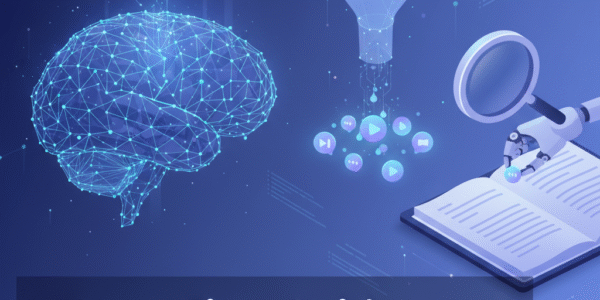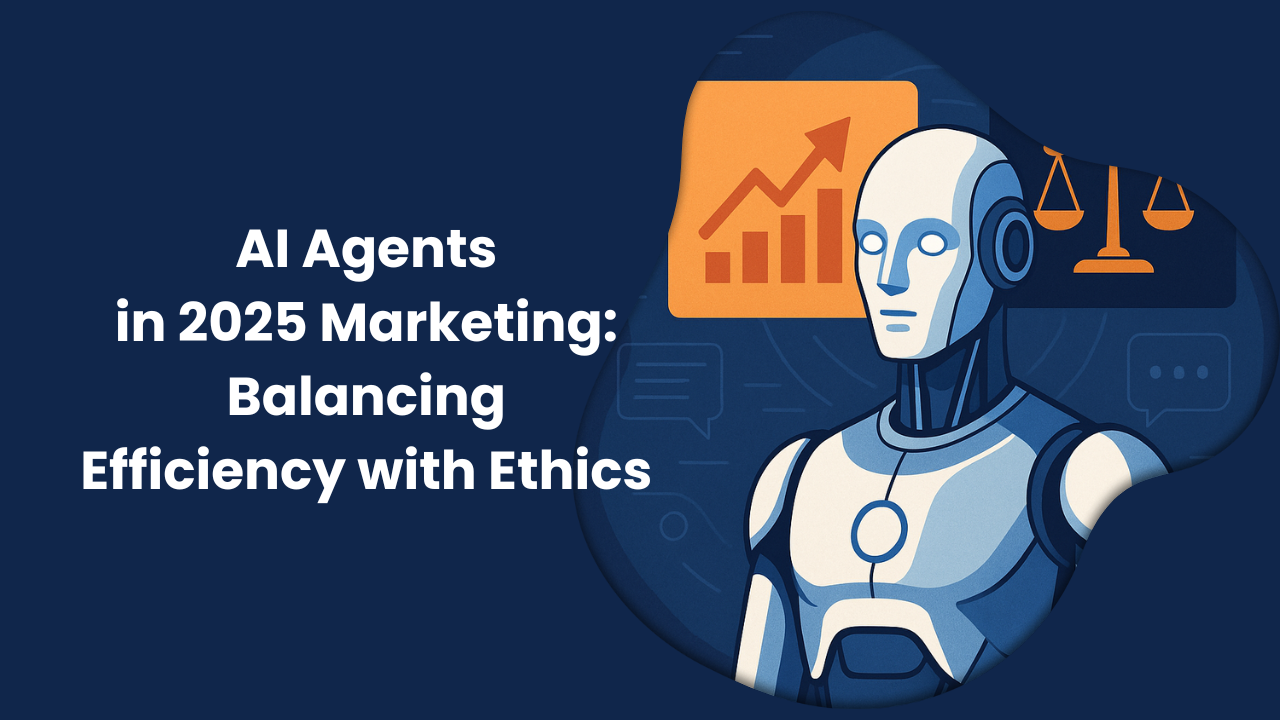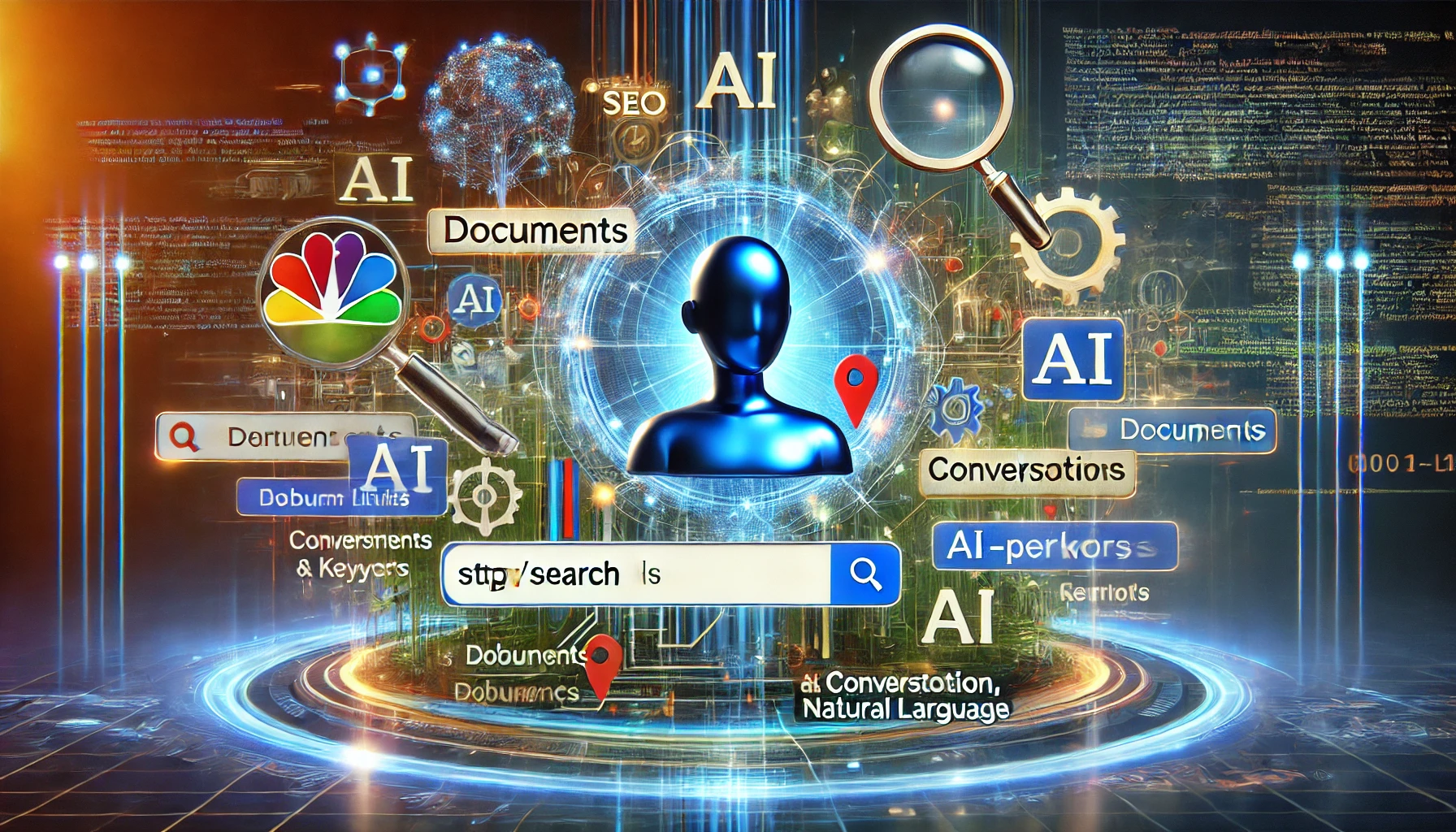Your First Guide to Getting Noticed by AI: A Beginner’s Playbook for LLM Seeding
1. Welcome to the New Frontier of Content 1.1. The Big Shift: Why Your Content Might Be Invisible Welcome to a major shift in how we find information online. For years, the goal was to show up in Google’s “ten…
Tools for Tracking AI Content Citations: Ensuring Transparency in the Age of Generative AI
Generative AI has revolutionized how we create content, from academic research and journalism to enterprise blogs and knowledge bases. But with this power comes a challenge: ensuring that AI-generated content is properly attributed, cited, and traceable back to its original…
AI Agents in 2025 Marketing: Efficiency vs. Ethics
AI Agents in 2025 Marketing: Efficiency vs. Ethics Artificial Intelligence has transitioned from being a “nice-to-have” tool to a strategic necessity in marketing. By 2025, AI agents—autonomous, task-driven AI entities capable of decision-making and execution—have become the backbone of marketing…
Is SEO dying?
In a recent episode of Google’s Search Off the Record podcast, the discussion centered around whether SEO is facing a decline due to the rise of AI in search. The conversation highlighted contrasting views: while some at Google claim SEO…
Will AI Take Over Data Analytics?
Artificial intelligence (AI) is rapidly changing the world, and the field of data analytics is no exception. AI-powered tools are already being used to automate many of the tasks that data analysts traditionally perform, such as data cleaning, data preparation,…
AI SEO 6 Ways to Use AI to Improve Your Website
6 Ways to Use AI to Improve Your SEO. Here are six ways AI can help give you a competitive edge and scale your SEO efforts
AI and SEO
What is AI SEO, and how can you use it to improve your website? AI can help give you a competitive edge and scale your SEO efforts
SEO trends for 2020
Local searches are currently gaining momentum, and therefore should neighborhood SEO. A number of searches are linked to local questions, like the ones which include close, or closest. It is about featured snippets. Google has been developing this function SERP;…
AI and Digital Marketing
AI and Digital Marketing, With 2019 we are entering the new phase in Digital Revoloution, AI, Learn more how AI can help in Digital Marketing



